CCEAI 2026 SPEAKERS
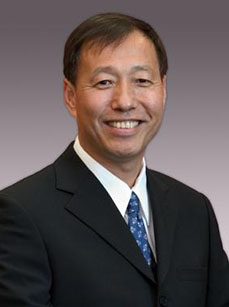
Title: Developing a Medical Grade AI System for Individualized Patient Care Using N-of-1 Causal Network
Abstract: One of the most important AI application areas is medicine. In addition to the general LLM models such as Chat-GPT, Deepseek, and etc., there have been several LLMs designed specifically for medicine, such as “文心生物计算大模型” (百度) and “星火医疗大模型”(科大讯飞)in China as well as PubMed GPT (Stanford) and Med-PaLM (Google) in USA. These systems are trained with extensive medical knowledge and are capable of dealing with various complex medical cases. However, they suffered from two limitations: (1) they may find many correlated factors that could result in the patient’s condition but may fail to identify the true causes; (2) they are unable to trace the changing conditions of the individual patients and hence, provide best treatment plan. To solve these problems, we proposed a N-of-1 Causal Network system. This talk first gives a brief introduction on the casual graph and the N-of-1 experiment. Next, it uses an example to demonstrate our n-of-1 causal network medical grade AI system. Then, a practical example for the rehabilitation of nasopharyngeal carcinoma (NPC) patients with Traditional Chinese Medicine (TMC) is presented.
Biography: Prof. Ruxu Du was born in China in 1955. He received his Master’s degree from the South China University of Technology in 1983 and his Ph.D. degree from the University of Michigan in 1989. He has taught in the University of Windsor, in Windsor, Ontario, Canada (1991⎯1999), the University of Miami, in Coral Gables, Florida. USA (1999⎯2001), the Chinese University of Hong Kong in Hong Kong SAR (2001⎯2018), and the South China University of Technology (2018⎯2021). Prof. Du is the founding director of the Guangzhou Chinese Academy of Sciences Institute of Advanced Technology (2011⎯2016), the founding dean of S. M. Wu School of Intelligent Engineering, South China University of Technology, as well as the founding director of the Institute of Precision Engineering in the Chinese University of Hong Kong.
Prof. Du’s areas of research include AI applications in medicine, precision engineering, design and manufacturing (metal forming, machining, plastic injection molding and etc.), as well as robotics and automation. He has published over 500 papers in various academic journals and international conferences. He is the associate editor / the members of editorial board of six international journals. <Learn More>
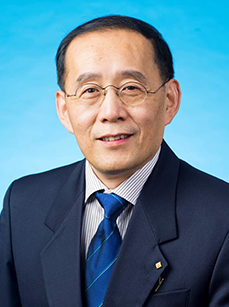
Title: Multiscale Intelligent Learning under Cross-scale Uncertainties for Manufacturing
Abstract: The industrial manufacturing encompasses a variety of production equipment and processes: from single mechanical actions to multiple nested operations, complex production scheduling, and ultimately, intelligent management decisions. The manufacturing process can be viewed as a multi-variables coupled, multi-scale complex system (including fast/slow time scales, space/time scales, etc.). The cumulative errors of distributed operations generate multi-scale and even cross-dimensional uncertainties, which is a key challenge for intelligent manufacturing.
From an engineering perspective: achieving control requires first decomposing the complexity of the process, and then manipulating the specific characteristics of the decomposed components at different levels, including system design (static control), process modeling and control (dynamic control), and data learning and decision-making (intelligent control). From an academic perspective, this is a complex system engineering problem.
Just as quantum physics touches the boundaries of traditional science, human cognition also faces similar uncertainty principles: fuzzy and random uncertainties. Although various machine learning methods can extract hidden information from data to some extent, the impact of cross-scale uncertainty always exists, representing an unavoidable long-term challenge for artificial intelligence applications.
Biography: Han-Xiong LI received his B.E. degree in aerospace engineering from the National University of Defence Technology, China, M.E. degree in electrical engineering from Delft University of Technology, Delft, The Netherlands, and Ph.D. degree in electrical engineering from the University of Auckland, Auckland, New Zealand.
Currently, he is a chair professor in the Department of Systems Engineering, the City University of Hong Kong. Over the past thirty years, he has had the opportunity to work in different fields, including industry and academia. He published about 300 SCI journal papers with h-index 62 (web of science). Since 2014, he has been continuously rated as highly cited scholar in China by Elsevier. Since 2021, he has been continuously ranked among top 2% most cited scientists in the world by the Stanford University. His current research interests are in area of intelligent manufacturing, including process modeling and control, intelligent learning, distributed parameter systems, battery management system, etc.
He was awarded the Distinguished Young Scholar (overseas) by the China National Science Foundation in 2004, a Chang Jiang scholar by the Ministry of Education, China in 2006, and a scholar in China Thousand Talents Program in 2010. He is a fellow of the IEEE.
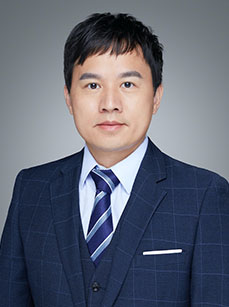
Title: Autonomous Robot Platform for Disaster Response in Urban Rubble Environments
Abstract: Natural disasters and man-made accidents have inflicted devastating losses upon countries worldwide. Catastrophes such as the November 2025 high-rise fire in Hong Kong underscore the urgent need for robots capable of routine inspection in urban buildings and autonomous search-and-rescue in hazardous rubble environments. In complex urban and collapsed structures, three-dimensional terrain—including staircases, debris, and long corridors—poses formidable challenges for robotic locomotion and perception, capabilities critical for effective operations in dangerous scenarios. This report systematically presents our research team's theoretical breakthroughs and methodological innovations over the past two years across core technologies, including active disturbance suppression, perception degradation analysis, autonomous motion planning and control for rough terrain, and heterogeneous multi-robot coordination. Through extensive simulations and experimental validations, we demonstrate the effectiveness of our proposed methods, with results published in leading journals and conferences, including TFR, TRO, IJRR, IROS, and so on. We aim to facilitate the practical deployment of autonomous robotic platforms in disaster response by open-sourcing our code and fundamental algorithms.
Biography: Professor and Doctoral Supervisor, Harbin Institute of Technology (Shenzhen); Recipient of the Guangdong Special Support Program for Young Top Talents in Technological Innovation and the Shenzhen Outstanding Young Scientists Fund; Academic Leader of the Shenzhen Key Laboratory of Advanced Motion Control Technology and Modern Automation Equipment. In July and October 2009, he obtained his doctoral degrees from the University of Science and Technology of China and City University of Hong Kong respectively. From 2014 to 2015, he served as a visiting scholar at ETHZ-ASL (Autonomous Systems Lab, ETH Zurich), a world-renowned robotics laboratory.
Dr. Chen Haoyao has long been engaged in research on special robots and their intelligent algorithms. He has undertaken nearly 20 research projects funded by institutions including the National Natural Science Foundation of China, the Department of Science and Technology of Guangdong Province, and the Shenzhen Science, Technology and Innovation Commission/Shenzhen Municipal Commission of Economy, Trade and Information Technology. He has developed a series of robotic systems, such as high-mobility obstacle-surmounting robots, bionic robotic fish, aerial manipulators, optical tweezers robots, amphibious robots, and the "Handizhe" (Earth-Shaker) rescue robot. In recent years, he has published over 100 SCI/EI-indexed papers in international mainstream journals and conferences in the field of robotics, including IEEE Transactions on Robotics (TRO), The International Journal of Robotics Research (IJRR), IEEE Transactions on Fuzzy Systems (TFR), Journal of Field Robotics (JFR), Autonomous Robots (AURO), IEEE/ASME Transactions on Mechatronics (TMECH), the IEEE International Conference on Robotics and Automation (ICRA), and the IEEE/RSJ International Conference on Intelligent Robots and Systems (IROS). He has also received nominations for the Best Conference Paper Award at the International Conference on Robotics and Biomimetics (ROBIO) and the Best Paper Award at the International Conference on Unmanned Systems (ICUS). His innovative research on robotic visual servoing for grasping was selected as a cover paper by the prestigious SCI journal Journal of Bionic Engineering (JBE), and his achievements in autonomous exploration of robots in rough terrain were featured as a cover paper by the authoritative journal Journal of Field Robotics (JFR). <Personal Webpage>
CCEAI PAST SPEAKERS

Prof. Dan Zhang
The Hong Kong Polytechnic University, Hong Kong S.A.R, China

Prof. Naira Hovakimyan
University of Illinois at Urbana-Champaign, USA

Prof. Pierre Larochelle
South Dakota School of Mines & Technology, USA

Prof. Zhengtao Ding
University of Manchester, UK

Prof. Ning Xi
The University of Hong Kong, Hong Kong S.A.R, China
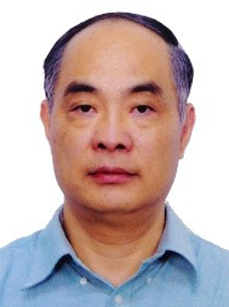
Prof. Jie Huang
The Chinese University of Hong Kong, Hong Kong S.A.R, China
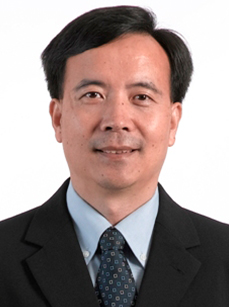
Prof. Lihua Xie
Nanyang Technological University, Singapore
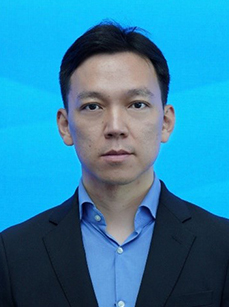
Prof. Rongrong Ji
Xiamen University, China
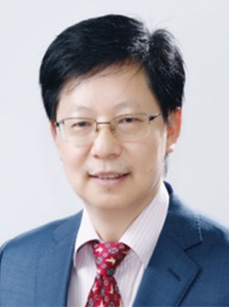
Prof. Yongduan Song
Chongqing University, China
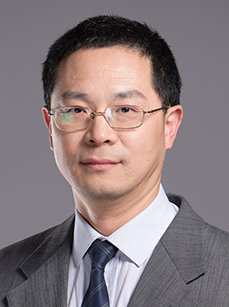
Prof. Qianchuan Zhao
Tsinghua University, China
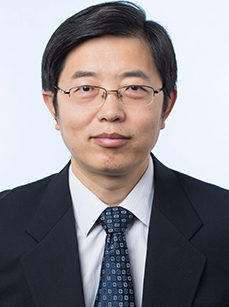
Prof. Dongbin Zhao
Chinese Academy of Sciences, China

Dr. Ara Nefian
NASA, USA

Prof. Wenqiang Zhang
Fudan University, China
Prof. Ian McAndrew
Capitol Technology University, USA
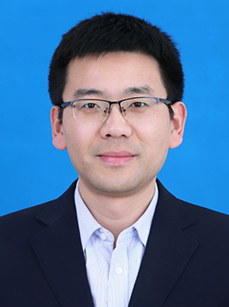
Prof. Xuechao Duan
Xidian University, China

Prof. Bin He
Shanghai University, China
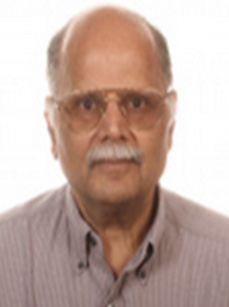
Prof. Bipin C. Desai
Concordia University, Canada
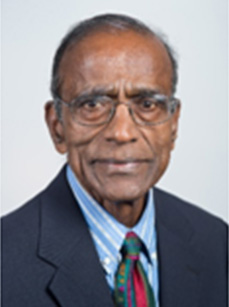
Prof. Desineni Subbaram Naidu
University of Minnesota Duluth, USA

Prof. Sos Agaian
The City University of New York, USA
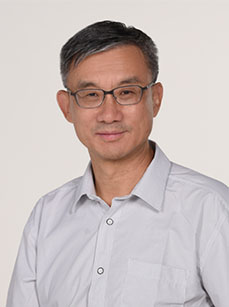
Prof. Michael Wang
Great Bay University, China
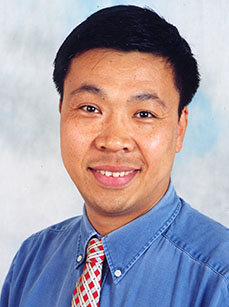
Prof. Jixin Ma
University of Greenwich, UK

Prof. Evangelos Theodorou
Georgia Institute of Technology, USA
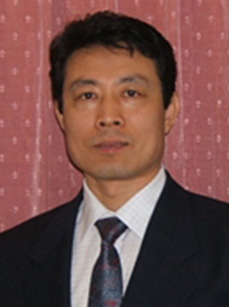
Prof. Wilson Q. Wang
Lakehead University, Canada
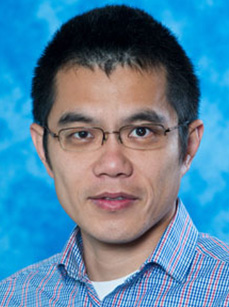
Dr. Xiaofeng Wang
University of South Carolina, USA
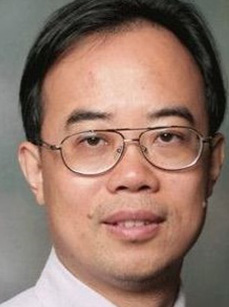
Prof. Yiyu Cai
Nanyang Technology University, Singapore
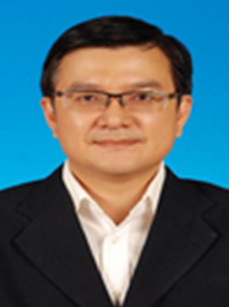
Prof. Chu Kiong Loo
University of Malaya, Malaysia
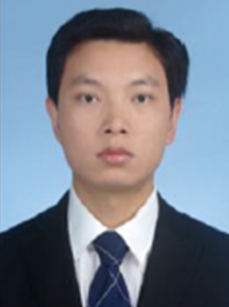
Dr. Hongjun He
The 21st research institute of China, Electronics technology Group Corporation, China
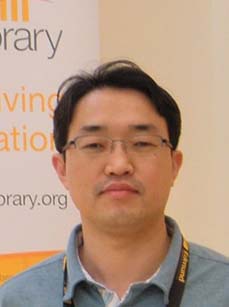
Prof. Seokwon Yeom
Daegu University, South Korea
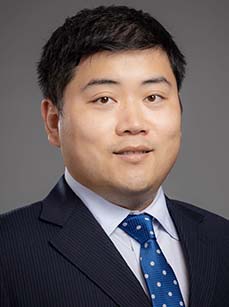
Prof. Weinan Gao
Northeastern University, China
